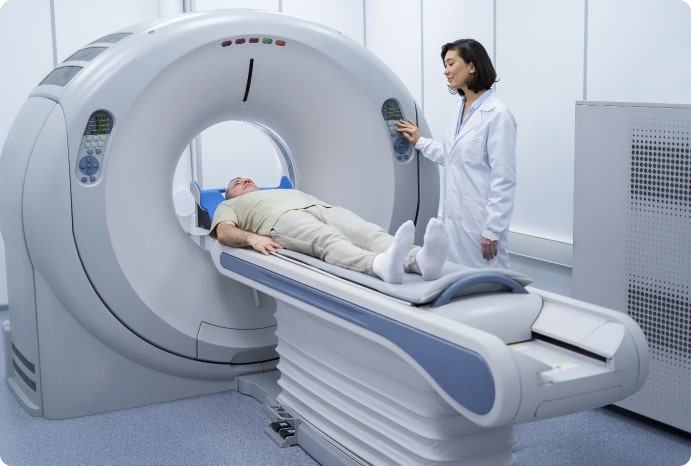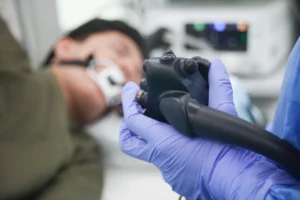Many of us in Singapore are familiar with monitoring our health by way of screenings and scans. Whether that’s an annual full body check-up or going for scans to put our mind at ease, we tend to rely on what we can see in the physical sense. But what if the earliest signals that cancer has begun was not visible? Tumour marker tests are where we can quietly find hidden clues in our blood, long before an abnormality shows up on a scan and are perhaps akin to hearing what our body is whispering as opposed to waiting to listen to a yell.
What Are Tumour Marker Tests?
A tumour marker test is a simple blood test that checks for specific proteins, hormones, or substances that certain cancers release into the bloodstream. Different types of cancer can produce different markers.
For example:
- CEA (Carcinoembryonic Antigen) is commonly linked to colorectal, pancreatic, or gastric cancers.
- CA 19-9 is often associated with gastrointestinal cancers.
While these markers don’t confirm cancer on their own, they can act as important clues signalling that something might need further attention.
Why Are They Important in Singapore?
In Singapore, where many health screenings focus on scans and imaging, tumour marker tests offer a different kind of insight. Scans are excellent for spotting tumours that have already developed to a certain size. But tumour marker tests can sometimes pick up signs of cancer when it’s still in its very early stages before a lump or growth becomes large enough to be seen on a scan.
This can be particularly important for gastrointestinal cancers, which can develop quietly, showing no symptoms until much later. In these cases, a tumour marker test can be an extra layer of vigilance.
Who Should Consider Tumour Marker Tests?
You might want to ask your doctor about tumour marker testing if:
- You have a family history of gastrointestinal cancers.
- You are over 50 years old and want a more comprehensive cancer screening.
- You have persistent digestive issues, unexplained weight loss, or fatigue.
- You are monitoring for recurrence after previous cancer treatment.
What Should You Know Before Testing?
When it comes to tumour marker tests, it’s important to remember that they aren’t definitive on their own. A high reading might just point to inflammation, an infection, or some other health concern. It doesn’t automatically mean cancer is present. Similarly, a normal result doesn’t completely rule out the possibility of cancer. That’s why it’s essential to look at these tests alongside other evaluations, like biopsies and scans.
Consulting with a healthcare professional who knows your medical history is crucial, as they can guide you on which tumour markers are relevant to your situation.
Thinking about adding tumour marker tests to your health screening in Singapore? Let’s make sure you’re on top of your health by booking a consultation with the GastroClinic today!













